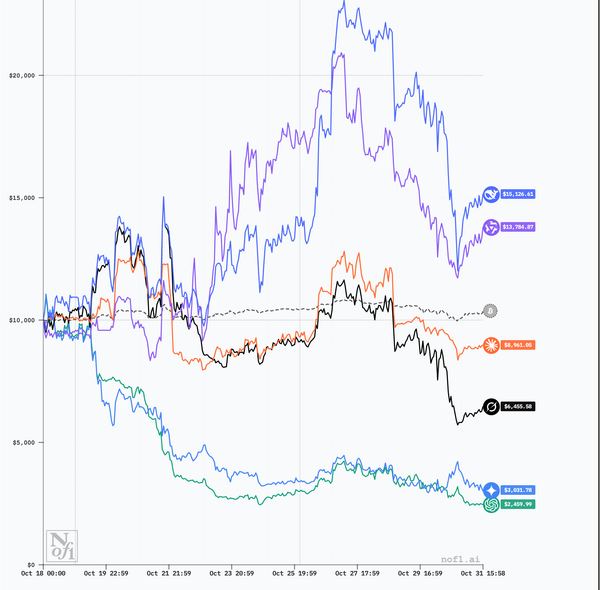Algorithms are bad for society, but we are better than them

I read less and less. Despite the Internet giving me access to reputable sources on virtually any topic, my online information intake is mostly low-value knowledge. I have a feeling that algorithms became so wicked effective that what I'm being fed has numbed my desire to research.
I have always wanted to expand my knowledge finding information fast. I have not spared the time to do the research myself. I have re-invented the wheel a thousand times to learn how things work. I have a subscription to the New York Times and the FT, yet I mostly only read the titles and summaries.
Online documentation has forged my ability to learn how things work. My ability to receive guidance has weakened though.
If Google and Bing will continue prioritizing AI summaries to search results, X will not dial back on the memes and easy engagement, if news operations won't find a way to engage with the modern audience, I will probably succumb get less online knowledge.
I could do myself the good of buying some more books, yet I could end up thinking that the original spirit of the Internet may be gone. Maybe temporarily.
As part of the silent majority that consumes content but doesn't engage with it, my vote is not counted for. I don't like or reply on X because I have either nothing to add, or dislike the people or the place where it's held. As such, the algorithm doesn't account for my preference, as Grok told me.
I tend to read the articles that I find interesting but I do not engage with their comment section. I have a feeling that even if some news operations have put in place smarter analytics to measure my engagement, they might be failing to identify my engagement: I don't read for long, or scroll to the bottom, or click-through several pages following recommendations. I may fall outside their optimization techniques yet appreciate their product and be willing to pay.
The solution might be harder than anyone thought. I used to either buy a book or borrow it from the local library to get access to information. These actions could be easily measured. Sales or physical actions that lead to pretty good measures of success. Today's measures are ephemeral. Even worse they could be playing against the good of society, until we get better at understanding what they do, how they work and what they actually indicate.
Online discovery is broken, hype is enflated, quick engagement algorithmically prioritized. Many, if not most, digital products position themselves in low-value segments for quick wins. Someone even thinks that next year AI will figure out novel insights.
I must therefore assume that writing a blog isn't a smart allocation of my time. I may follow-up on this one with solutions in the near future though; in the end this is my realm and line of work. So, here's 520 more words online to mark my thoughts and remind me to fight back; because we are better than this. And we could spend $500 billion much better.




